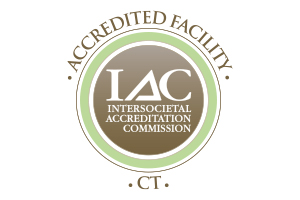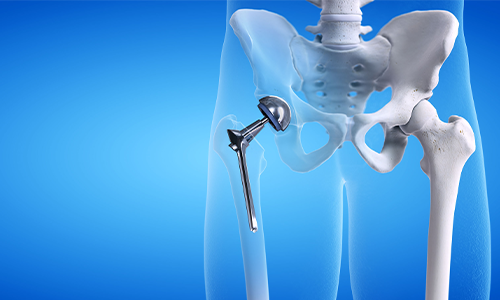TCO NEWS
Carpal tunnel syndrome Kennewick
What causes it?
Carpal tunnel syndrome happens when the tissues around the flexor tendons in the wrist swell and put pressure on the median nerve. The tissues are named the synovium. The synovium lubricates the tendons and provides ease of movement with the fingers. The swelling of the synovium narrows the confined space of the carpal tunnel, and in time, crowds the nerve.
There are many contributing factors to the development of carpal tunnel syndrome:
- Heredity is the most prevalent factor – carpal tunnels can be smaller in some people, this family trait can be passed down.
- Over use of the hand can play a role.
- Pregnancy can play a role due to hormonal changes.
- Older people have more of a predisposition for the disease to occur.
- Diabetes, rheumatoid arthritis, thyroid gland imbalance and other medical conditions can play a role.
Symptoms
The more common symptoms of carpal tunnel syndrome are:
- Tingling, numbness, and pain of the hand
- An electric shock-like feeling mostly in the thumb, index, and long fingers
- Strange sensations and pain traveling up the arm toward the shoulder
Symptoms may begin gradually and occur at any time, without a specific injury. In most people, symptoms are more prevalent on the thumb side of the hand. Moving or shaking the hands often helps decrease symptoms.
Symptoms can be initially less frequent, but over time they may become constant. A feeling of weakness or clumsiness can make simple motions, like tying your shoe, difficult. These feelings may cause you to drop things. If the condition is very advanced, muscles at the base of the thumb may become visibly wasted.










